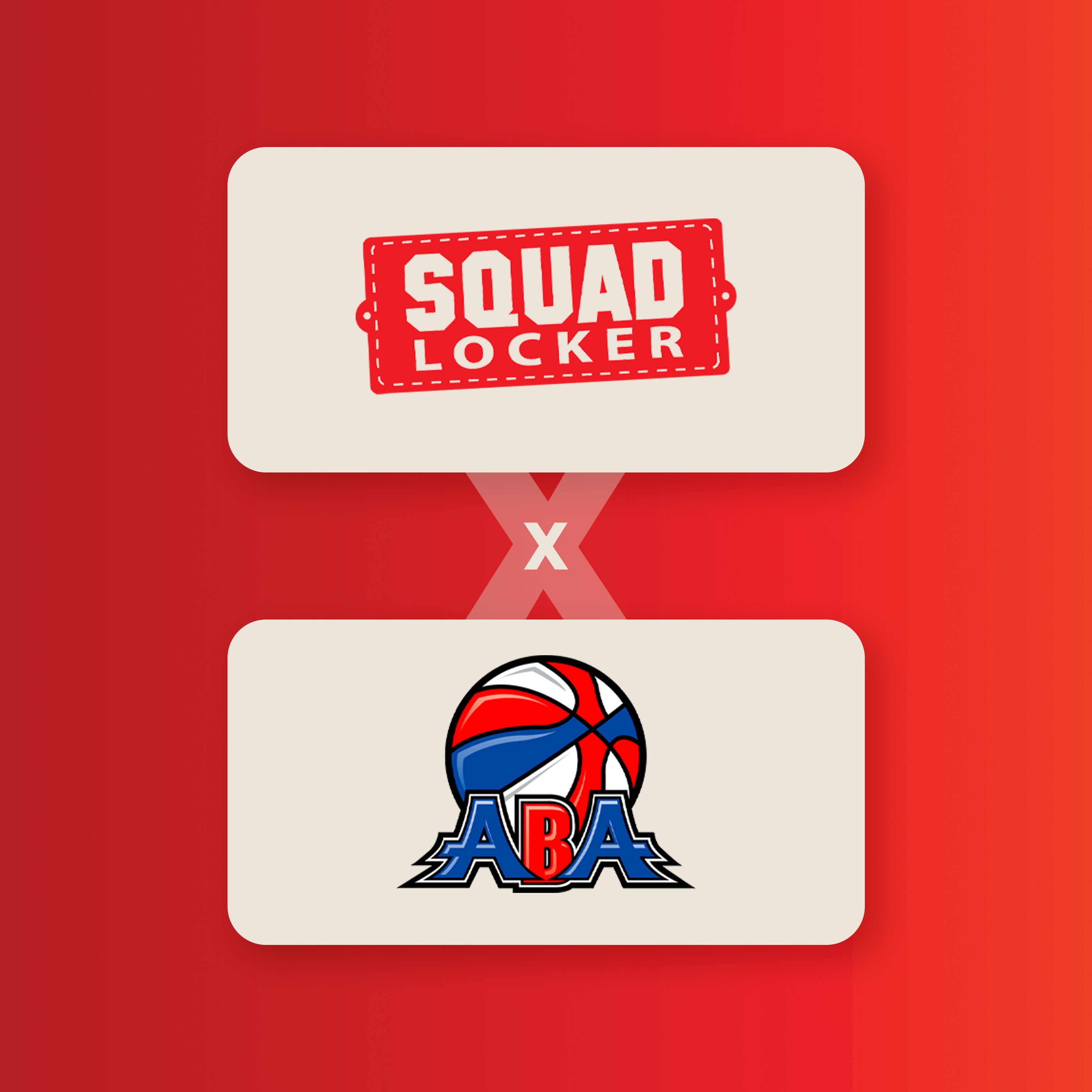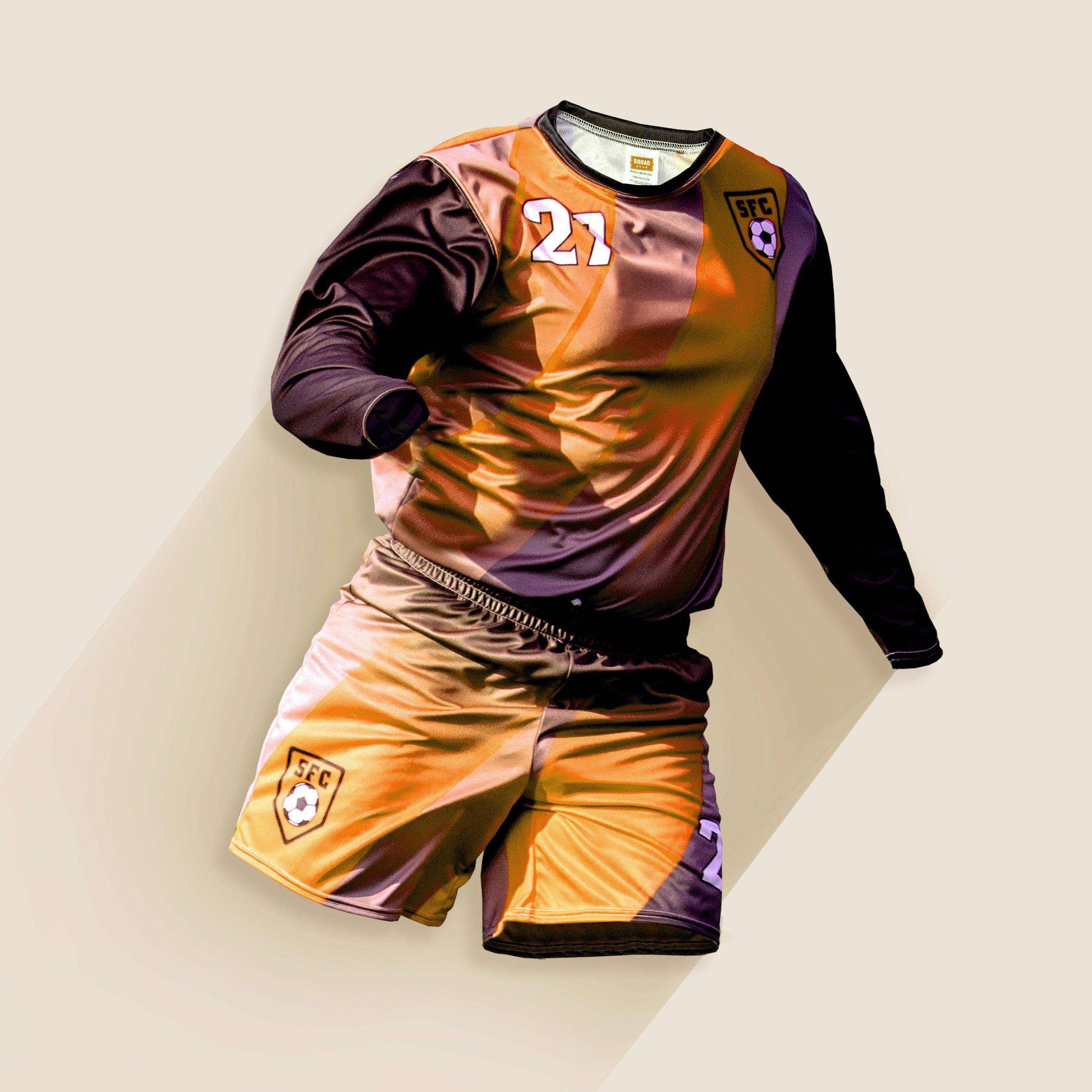So the question remains, is vitamin D really that important to the athlete? Let’s break it down and examine what we know.
How it affects athletes
Studies and research around vitamin D for athletes resurfaces every few years. In 2010, at a convention for the American Orthopedic Society for Sports Medicine, a study by the NFL reported that a vitamin D deficiency in players seemed to correlate with soft tissue injuries.
In 2013, Dr. L. Ray Matthews, the Surgical Critical Care Director at Grady Memorial Hospital in Atlanta, Georgia, published a paper in the American Journal of Surgery examining and describing the benefits of vitamin D. He found direct evidence that dropping levels of vitamin D in students led to a rise in concussions. It's simple ~ the skull is bone, the stronger the bone, the better the protection. He then initiated a parent-led protocol for vitamin D supplements with a high school football team that resulted in a 100% decrease in injuries, and only one concussion in the first year of supplementing.
In 2015, the American Journal of Sports Medicine published a study of the Pittsburgh Steelers that found players with at least one bone fracture had significantly lower levels of vitamin D. They also concluded that the players released from the team during the pre-season due to poor performance or injury had lower levels of vitamin D than the players who made the team.
With the wealth of data and studies, we can conclude that sufficient levels of Vitamin D is important to the athlete. In fact, it seems to cover the three most common and worrisome types of injuries: soft tissue damage, bone fractures, and concussion.
How do you know if you have enough, and what is the best way to get it?
How to know if you need it
Our bodies naturally produce vitamin D, so you always have some level, but the question is how do you know if you have enough? Professional sports teams have the luxury of trainers and doctors who can perform regular blood tests to measure the level of vitamin D. But that’s not a realistic method for the average person.
Unsurprisingly, the indicators of insufficient vitamin D are the reasons you need vitamin D ~ bone fractures, fatigue, and joint pain. Other symptoms include weight gain and muscle cramps.
Mood changes, irritability, and even depression may be signs of deficiency.
How to get it naturally
You’ve certainly heard it, and probably said it yourself: if you’re lacking vitamin D, go outside and get some sun. Sunlight is the most common and efficient way to get vitamin D, but there are issues with getting enough from the sun. The necessary use of sunscreen and the reduced sun exposure during winter months combined with the fact that we just don’t spend much time outside all lead to less exposure than needed.
Foods such as fresh fish, canned tuna fish, milk, and egg yolks are good sources of Vitamin D. Many cereals and brands of orange juice are fortified with vitamin D providing even more natural choices for improvement.
How to supplement
While there seem to be plenty of ways to get vitamin D naturally, picky eaters and people too busy to spend time outdoors will need to find ways to supplement. Although the name may bring up images of parental punishment, cod liver oil is an excellent source of vitamin D. One tablespoon provides twice the recommended daily dosage. Supplements are available, but most sources recommend being careful to ensure you don’t over do it.
How much is too much
The Institute of Medicine recommends no more than 4000 IU of vitamin D a day to avoid the potential risks such as calcium build-up in the blood. When estimating your intake of vitamin D, you have to account for all sources, including food, supplements, and sunlight. For reference, an eight-ounce glass of milk contains 100 IUs. In the middle of the summer, five minutes in the sun can generate almost 1000 IUs of vitamin D. In the middle of the winter, it can take an hour to get the same amount.
Vitamin D is important to the athlete to prevent injuries and to provide stamina. So, use common sense ~ eat well, get some sunlight and enjoy that cod liver oil when needed.
Share this Story


.jpg)







